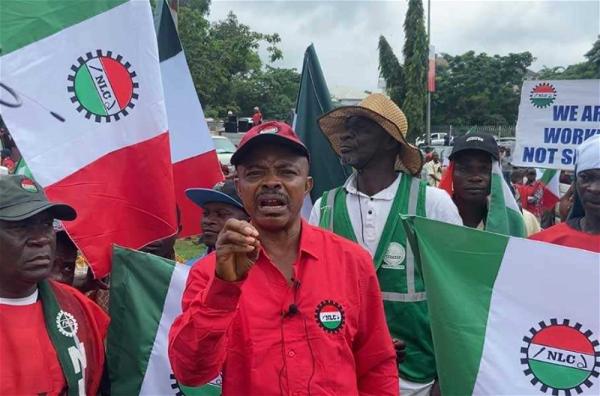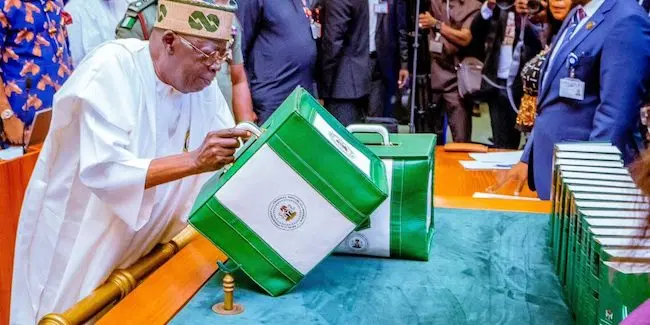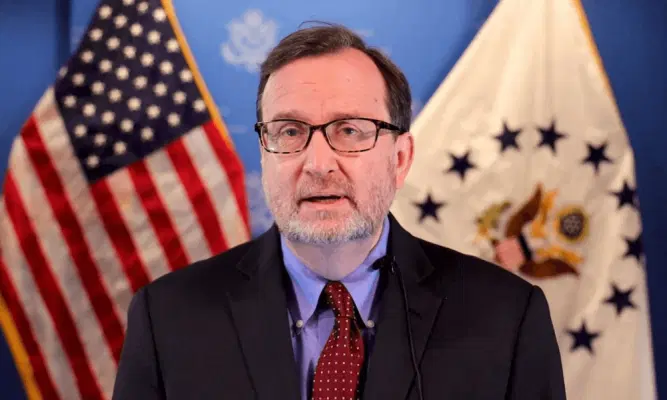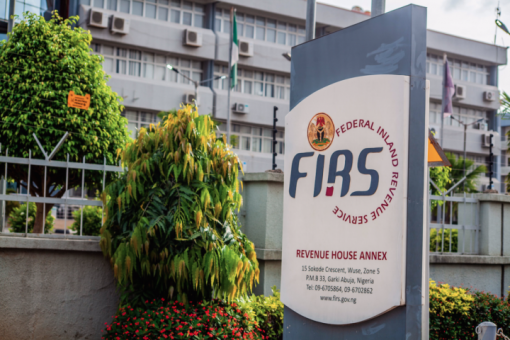
The Nigeria Labour Congres (NLC) has embarked on a two-day warning strike in protest against the Federal Government’s failure to address the challenges caused by the removal of fuel subsidies.
This comes days after the declaration by the NLC President, Joe Ajaero, last Friday.
President Bola Tinubu announced in his inaugural speech on May 29 that “fuel subsidy is gone”, which has since led to fuel prices as much as tripling nationwide and a rising cost of living.
The labour union is accusing the Federal Government of abandoning the negotiations and failing to implement some of the resolutions from previous meetings with the government.
On August 2, organised labour protested what it described as the anti-people policies of the administration of President Bola Tinubu.
The Nigeria Labour Congress (NLC), Trade Union Congress (TUC) and their affiliate unions demonstrated in the Federal Capital Territory (FCT) and several states, including Lagos, Abia, Plateau, Kaduna, Kano, Rivers, Zamfara, Katsina, Cross River, Ebonyi, Enugu, Kwara, Ogun, Imo, Ondo, and Edo.
The protest followed a seven-day ultimatum issued to the Federal Government demanding “the immediate reversal of all anti-poor policies of the federal government including the recent hike in PMS (Premium Motor Spirit) price, increase in public school fees, the release of the eight months withheld salary of university lecturers and workers”.
The union also demanded an upward review of the minimum wage from N30,000 to N200,000, saying that since the President’s “subsidy is gone” inauguration speech of May 29, 2023, the peace of mind of Nigerians has gone.
Several meetings between the Presidency and the unions on palliatives for Nigerians suffering hardship in the wake of the petrol subsidy removal proved abortive.
Last month, NLC president Joe Ajaero argued that the N5 billion approved for each state and the FCT to cushion the impact of fuel subsidy removal was inadequate to impact on the people.
Ajaero said if calculated, the N5 billion would not amount to N1,500 per person.
According to him, it is unclear whether the money is a loan or a palliative to the states or to Nigerians.
“The first increase in the pump price of petroleum products and the last one moved a lot of people from the borderline to a very high level of poverty,” he said.
“Now, if you calculate it, you will discover that this will not translate to N1,500 per person and you ask: is that the impact? Is that really what we want to achieve? Let’s assume it’s a loan. What is really going to happen? Is it garbage in, garbage out?
“If it is N5 billion, I think organised labour would want anybody to do the calculation and tell us how it is going to impact Nigerians on what is happening currently. If it is a loan, then it is too bad.”






















